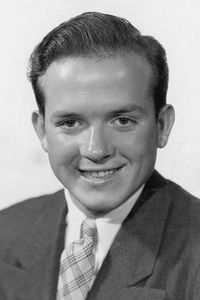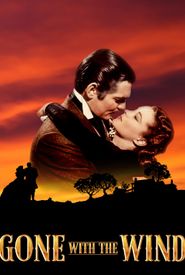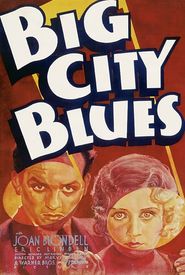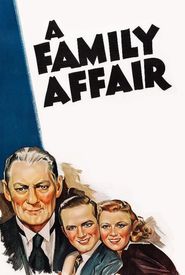Eric Linden, a Swedish-American actor, enjoyed pre-Code and Depression-era Hollywood stardom as a boyish lead. He was discovered by director Wesley Ruggles, who cast him in the film "Are These Our Children" in 1931.
Born in New York City, Linden's Swedish father, Philip Linden, was an actor with Stockholm's Royal Theatre who abandoned his wife and five children, including Eric, when he was young. Eric's mother worked at a church parish to make ends meet.
Linden attended the Paul Hoffman Jr. School, where he appeared in school plays, and later took English and literature classes at Columbia University. He was a member of the Theatre Guild and appeared in productions such as "Marco's Millions" and "Strange Interlude".
He began appearing on Broadway and performed in repertory around the East Coast. Linden earned a RKO Hollywood contract and made his debut as Eddie Brand in "Are These Our Children" in 1931. He went on to appear opposite leading ladies such as Helen Twelvetrees, Joan Blondell, and Loretta Young.
Initially promoted as "The Boy Sensation of the Theatre Guild", Linden later became known as Hollywood's tragic boy actor on the screen. He appeared in films such as "The Crowd Roars", "The Age of Consent", and "Ah Wilderness!" opposite Lionel Barrymore and Wallace Beery.
Linden's career declined in the late 1930s, and he left films for good. He had a small role in "Gone with the Wind" in 1939. He fared better on stage, appearing in roles such as Joe Bonaparte in "Golden Boy" and in "Another Language", "The Philadelphia Story", and "My Sister Eileen".
After serving in the Armed Forces during WWII, Linden returned to the stage but his career was in decline. He married Jo, an artist, in 1955 and had three children. They divorced in 1977. Linden worked for the County of Orange in California and died on July 14, 1994, at the age of 84.











































